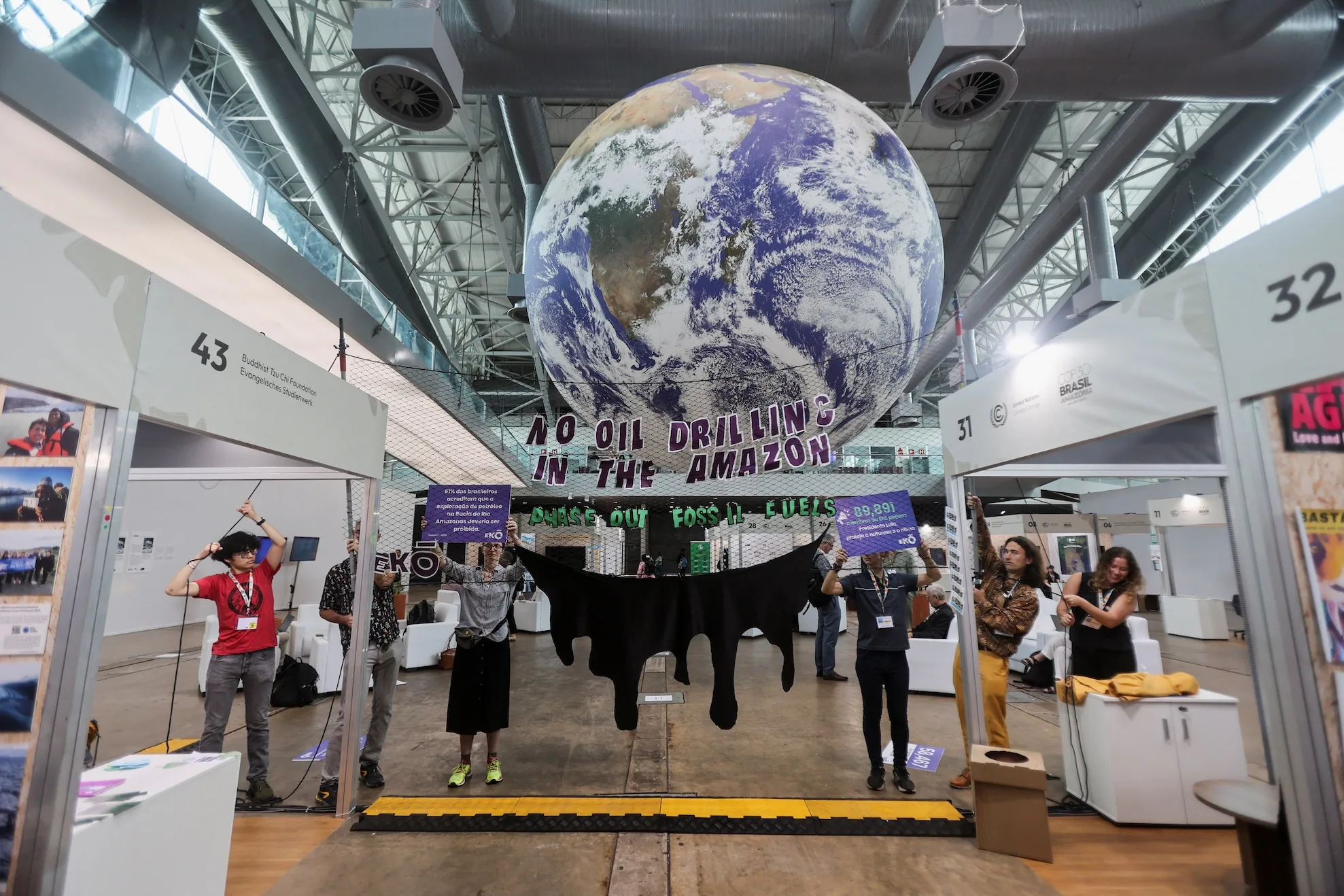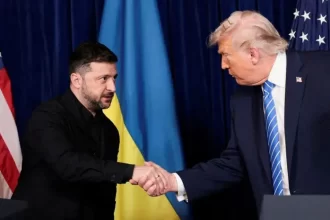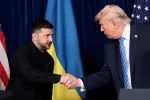Brazil, the host of the COP30 climate summit, called on nations to find common ground and unite for a stronger international climate deal, as negotiations dragged past their scheduled conclusion due to disagreements over fossil fuel commitments.
COP30 President André Corrêa do Lago emphasized the importance of collaboration, telling delegates in a public session, “This cannot be an agenda that divides us. We must reach an agreement between us.”
Despite this call for unity, the summit revealed deep divisions over the future of oil, gas, and coal. Brazil released a draft text early Friday that notably omitted any reference to fossil fuels, removing previously discussed options in response to objections from major oil- and gas-producing nations, while roughly 80 countries had supported those measures.
The standoff underscores the ongoing challenge of building consensus at global climate summits. The burning of fossil fuels remains the largest contributor to greenhouse gas emissions, making agreement on this issue critical to preventing the worst effects of climate change.
Fossil Fuel Disputes Continue
Panama negotiator Juan Carlos Monterrey warned that excluding fossil fuels from the COP30 deal could reduce the summit to a “clown show.” He stressed, “Failing to name the causes of the climate crisis is not compromise. It is denial.”
Negotiators revealed that the Arab Group, which includes Saudi Arabia and the UAE, considers its energy industries off-limits for discussions. The group cautioned that targeting these industries could derail negotiations. Meanwhile, the European Union’s climate commissioner Wopke Hoekstra called the draft deal unacceptable, urging stronger commitments to cut planet-heating emissions while noting willingness to discuss financing support for developing countries.
Late Talks, Multilateral Pressures
The conference in Belem, Brazil, had been scheduled to end Friday evening but, like previous COP events, extended late into the night. Consensus among nearly 200 countries is required for any deal to be adopted. Corrêa do Lago noted that the absence of the US delegation this year makes global unity around COP30 even more crucial. “The world is watching,” he said.
Climate Finance and Trade Discussions
The draft agreement proposes tripling global climate adaptation finance by 2030, though it remains unclear whether the funds will come directly from wealthy nations or other sources such as development banks or private investment. Adaptation investments, crucial for protecting vulnerable communities, often struggle to attract private capital.
The deal also introduces a “dialogue” on trade at future UN climate talks, which would include organizations like the World Trade Organization. This move is welcomed by countries like China but may raise concerns for the EU regarding its carbon border levy and trade implications.
As negotiations continue, the world watches the delicate balance between economic interests and urgent climate action. While divisions remain, the COP30 summit is a reminder that global cooperation is the only way forward in addressing climate change—because the planet cannot afford delay.








